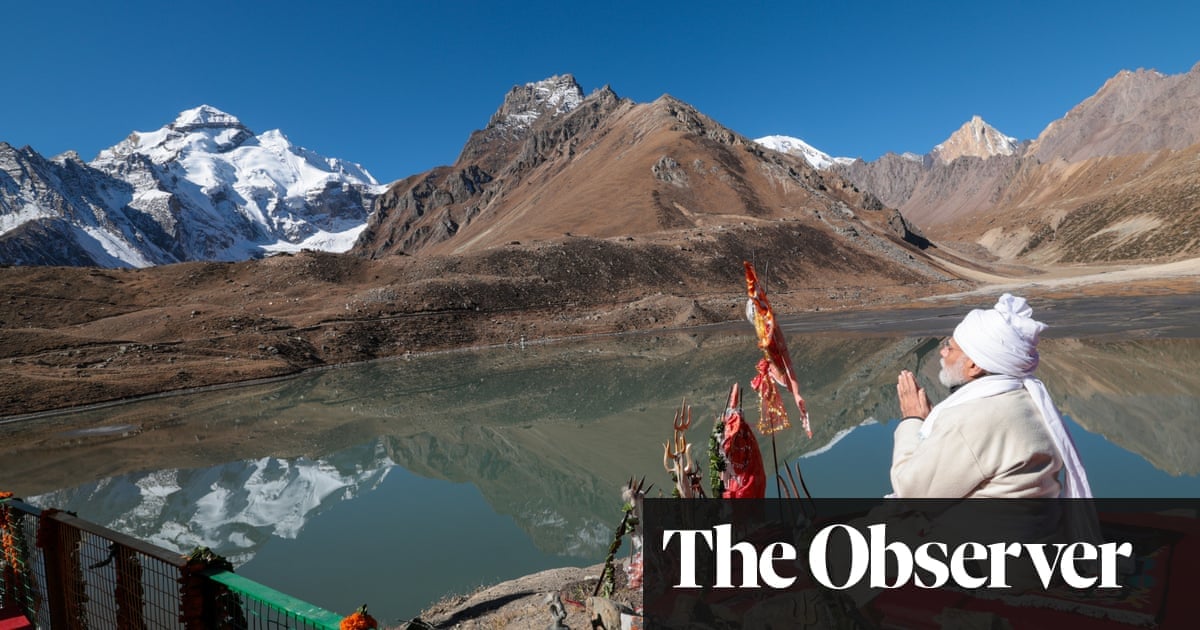A region known as ‘God’s land’ offers a glimpse of the future if Indian prime minister’s BJP party retains its power
For centuries it has been known as the “land of the gods”. Stretching high up into the Himalayas, the Indian state of Uttarakhand is home to tens of thousands of Hindu temples and some of the holiest Hindu pilgrimage sites.
Yet as Hindu nationalism has become the dominant political force in India under prime minister Narendra Modi over the past decade, the government is accused of weaponising Uttarakhand’s sacred status for politics, making the state a “laboratory” for some of the most extreme rightwing policies and rhetoric targeting the Muslim minority.
As India’s mammoth election starts on 19 April, stretching across a six-week period, Modi and his Bharatiya Janata Party (BJP) are expected to return to power. Over the past decade, as India has grown to become the world’s fifth-largest economy, Modi’s government stands accused by rights groups of growing authoritarianism and pursuing Hindutva [Hindu-first] policies that have eroded the rights and freedoms of minorities, in particular India’s 200 million Muslims.



How I feel everyday in India.